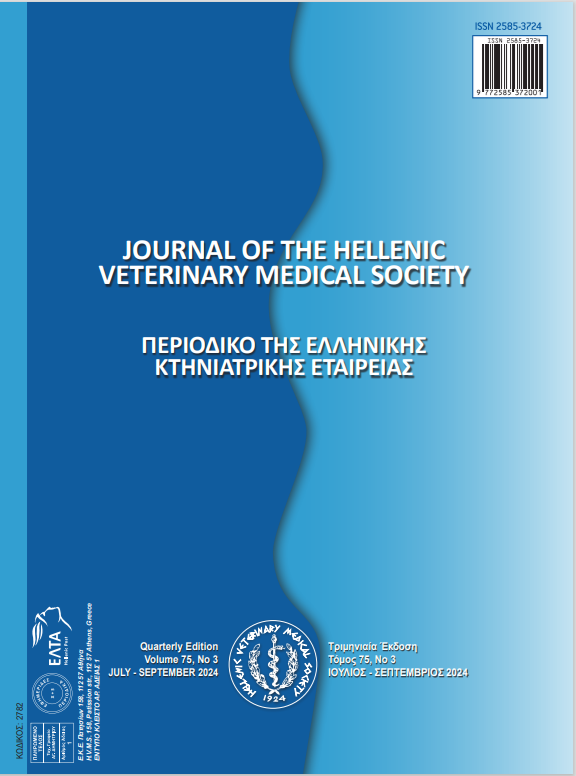The α-Al2 O3 microparticles drive decreasing effects on the sperm quality of rainbow trout
Abstract
This work examined the effects of alpha-alumina microparticles (α-Al2O3-MPs) on the reproductive efficiency of rainbow trout, Oncorhynchus mykiss sperm cells. The α-Al2O3-MPs (~100 nm) were characterized by Fourier Transform Infrared Spectrometer, X-Ray spectrum and Scanning Electron Microscope. After exposure with α-Al2O3-MPs (0.125, 0.25, 0.5, 1.0, and 5.0 g/L 24 h, in vitro) on sperm cells, it was determined to the motility parameters and total glutathione (tGSH) and superoxide dismutase (SOD) as biochemical parameters of sperm cells. The velocities of sperm cells decreased after exposure to a 0.125 g/L dose of α-Al2O3-MPs. However, while the tGSH levels increased in a dose-dependent manner α-Al2O3-MPs, the SOD activities decreased. All these changes were significant (p < 0.05) in 1 g/L dose of α-Al2O3-MPs when compared with the control group.
Article Details
- Come citare
-
Özgür, M., Ulu, A., Özcan, İ, Balcıoğlu, S., Noma, S., Ateş, B., & Köytepe, S. (2024). The α-Al2 O3 microparticles drive decreasing effects on the sperm quality of rainbow trout. Journal of the Hellenic Veterinary Medical Society, 75(3), 8135–8144. https://doi.org/10.12681/jhvms.29866
- Fascicolo
- V. 75 N. 3 (2024)
- Sezione
- Research Articles

Questo lavoro è fornito con la licenza Creative Commons Attribuzione - Non commerciale 4.0 Internazionale.
Authors who publish with this journal agree to the following terms:
· Authors retain copyright and grant the journal right of first publication with the work simultaneously licensed under a Creative Commons Attribution Non-Commercial License that allows others to share the work with an acknowledgement of the work's authorship and initial publication in this journal.
· Authors are able to enter into separate, additional contractual arrangements for the non-exclusive distribution of the journal's published version of the work (e.g. post it to an institutional repository or publish it in a book), with an acknowledgement of its initial publication in this journal.
· Authors are permitted and encouraged to post their work online (preferably in institutional repositories or on their website) prior to and during the submission process, as it can lead to productive exchanges, as well as earlier and greater citation of published work.



